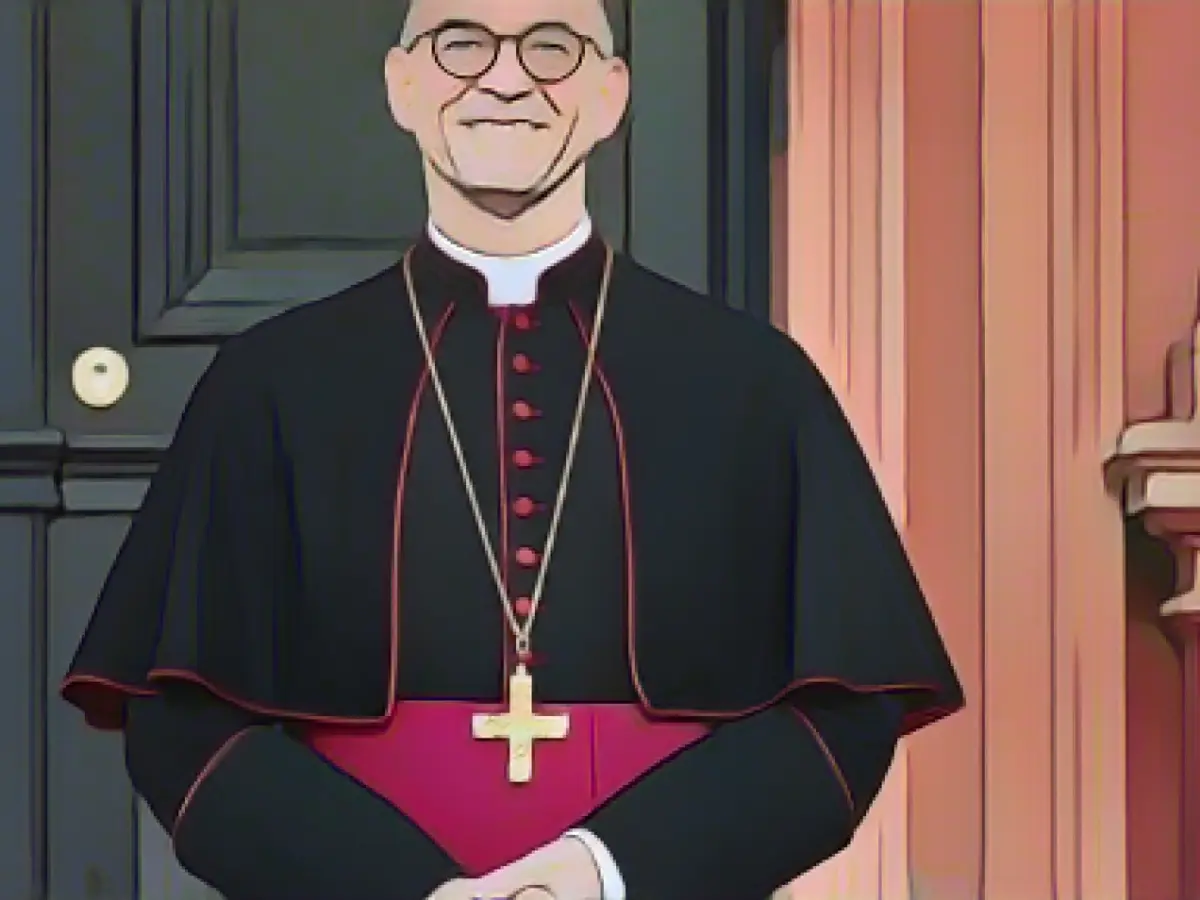Bishop of Würzburg - Franz Jung does not expect the Conservatives to give in
Bishop Franz Jung of Würzburg currently sees no way to break through the blockade of four conservative bishops on the Synodal Committee and thus on the reform process. "The decision of the four bishops to stay away from the formation of the Synodal Committee is based on a deep disappointment with the Synodal Way," Jung told the German Press Agency. "I cannot see any damage to the entire Catholic Church in Germany. However, at the moment I see just as little possibility of winning these four bishops back for the process."
The German Catholics initiated the Synodal Path reform process around four years ago. Among other things, the aim was to achieve changes in sexual morality, the role of women in the church, the handling of power and celibacy, the mandatory celibacy of Catholic priests. The reform process was triggered by the massive crisis of confidence following the revelation of abuse scandals.
Focus on joint consultation and decision-making
In March 2023, the Catholics completed the Synodal Path for the time being. One of the most important results was that synodality - joint consultation and decision-making - should continue, initially in the so-called Synodal Committee. Over the next three years, this committee will clarify what form this could take. After that, a Synodal Council is to be created in which lay people - i.e. non-clergy - will have a permanent say on an equal footing with the bishops.
The Vatican has already made it clear that it takes a critical view of such a body. The four bishops who refuse to join the Synodal Committee - Gregor Maria Hanke from Eichstätt, Stefan Oster from Passau, Rudolf Voderholzer from Regensburg and Cardinal Rainer Maria Woelki from Cologne - are also referring to this. However, the vast majority of the Bishops' Conference is behind them.
Confrontation with Rome
The reform course of the German Catholics is viewed very critically by the Vatican. Among other things, the German brothers and sisters in faith are not authorized to develop new forms of leadership and a new orientation of Catholic doctrine and morals, Rome said in 2022.
"I perceive the relationship with Rome as tense," Bishop Jung told dpa. "I would not consider the German bishops to be outsiders, as many of the problems currently being negotiated in Germany are not specifically German issues."
The difference to other bishops' conferences, however, is that "within the framework of the Synodal Path, the upcoming challenges were discussed very openly and the limits of previous solution strategies were named", said Jung. "Critics see this as a provocation, to the point of accusing the discussion itself of being an apostasy from the true faith. I see this as an attempt not to evade the existing questions and to think further and broaden the tradition."
Würzburg is one of seven dioceses in Bavaria and is located in the north of the Free State. It belongs to the ecclesiastical province of the Archdiocese of Bamberg. Around 650,000 (2021: just under 690,000) of the approximately 1.3 million inhabitants living in the diocese are Catholics.
Info on the diocese of Würzburg
Read also:
- A clan member is punished here
- Traffic lawyer warns: Don't talk to the police!
- Will he be convicted as Jutta's murderer after 37 years?
- He also wanted to kill his cousin
- Bishop Franz Jung of Würzburg, located in Lower Franconia, Germany, expressed his doubts about the conservative bishops joining the reform process, attributing their absence to a deep disappointment with the Synodal Way.
- The German Catholic Church initiated the Synodal Path reform process around four years ago, aiming to address issues such as sexual morality, women's roles, power handling, celibacy, and more, prompted by the crisis of confidence following abuse scandals.
- Bishops Gregor Maria Hanke from Eichstätt, Stefan Oster from Passau, Rudolf Voderholzer from Regensburg, and Cardinal Rainer Maria Woelki from Cologne have maintained a blockade attitude towards the reform process, citing the Vatican's opposition to new forms of leadership and morals.
- The Catholic Church in Germany completed the Synodal Path in March 2023, with synodality - joint consultation and decision-making - as one of their key results, to be clarified by the Synodal Committee over the next three years.
- The Vatican has adopted a critical stance towards the German Catholics' reform course, warning against developing new forms of leadership and Catholic doctrine, leading to a tense relationship with the German bishops.
- As a part of the Bishops' Conference, Bishop Jung perceives the German bishops as not being outsiders, despite the ongoing conflict with Rome, as many of the issues currently being negotiated in Germany are not specifically German problems.
- Women's roles in the church and the potential ordination of women as priests have been controversial topics in the reform process, with much discussion and debate taking place within the German Catholic community.
- The reform process has sparked controversy within the Catholic Church, with some criticizing the discussions as an apostasy from the true faith, while others view it as an opportunity to evade existing questions and broaden the traditional perspectives.
Source: www.stern.de








